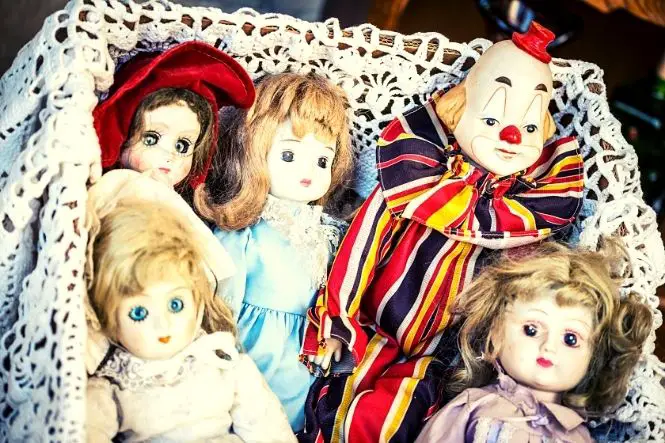Depression can affect any of us, at any age or stage in our lives and can be triggered by a number of factors or events. Children are no exception to this and can suffer from depression in the same way as adults do. Feelings of hopelessness, anxiety, sadness and worthlessness can make children feel isolated, and it is important that they receive the help and support that they need.
Table of Contents
Behavioural Changes
Jane and Rob took their nine-year-old son Alex to see a psychiatrist when they became concerned about his behaviour during their divorce.
Alex had become irritable and developed behavioural difficulties, and his parents were very concerned about him, and how his behaviour would impact on his social and school life, as well as his life at home.
Although Jane and Rob were in the middle of a divorce, they had reached an amicable situation, and were both concerned about their son. Alex’s parents described him as a bright, pleasant and easygoing child who loved school, but when his parents separated, Alex began defying teachers and got involved in confrontations with other children.
Sleeping and Eating Difficulties
His work began to suffer, and he started having trouble sleeping, often waking up sometimes as much as four times in the night. He also became really fussy about what he ate, stopped playing football with his club, and lost interest in all his after school activities. For a previously outgoing, sociable and sports mad young boy, this behaviour was out of character and very worrying for Jane and Rob.
Medication Helped
After two months of therapy and help, Alex’s therapist recommended that he should be evaluated to see if a course of medication would help. The therapist came to this decision because Alex began to say things like “I wish I’d never been born,” “I’m stupid,” and “I hate myself.”
He also complained of stomach aches and headaches, which caused him to miss school. Alex’s GP found no cause for the physical complaints, but it transpired that two close relatives had suffered from depressive disorders.
When the therapist spoke to Alex, he was reluctant to answer too many questions, avoided eye contact, and appeared lethargic. He said his mood was about three out of 10, with 10 being the best he’d ever felt.
He said he had a death wish, but no true suicidal plan. He didn’t admit to a current desire for self-harming, but he had cut his wrists about two months before. The psychiatrist recommended continued individual and family therapy, and Alex was prescribed medication to help him sleep and enhance his mood.
Improvements and a Happier Child
At his six-week visit, Alex said his mood had improved to about five out of 10. He was sleeping better, and his parents noticed an improvement in their son’s mood and attitude, and he was also happy to go to school. The dose of his medication was increased and after 12 weeks, Alex rated his mood at eight out of 10. His school work was back on track, he was sleeping well and beginning to see his friends again. Alex was also planning to take part in a school residential.
Alex will see his psychiatrist every three to four months for the next 12 months.



